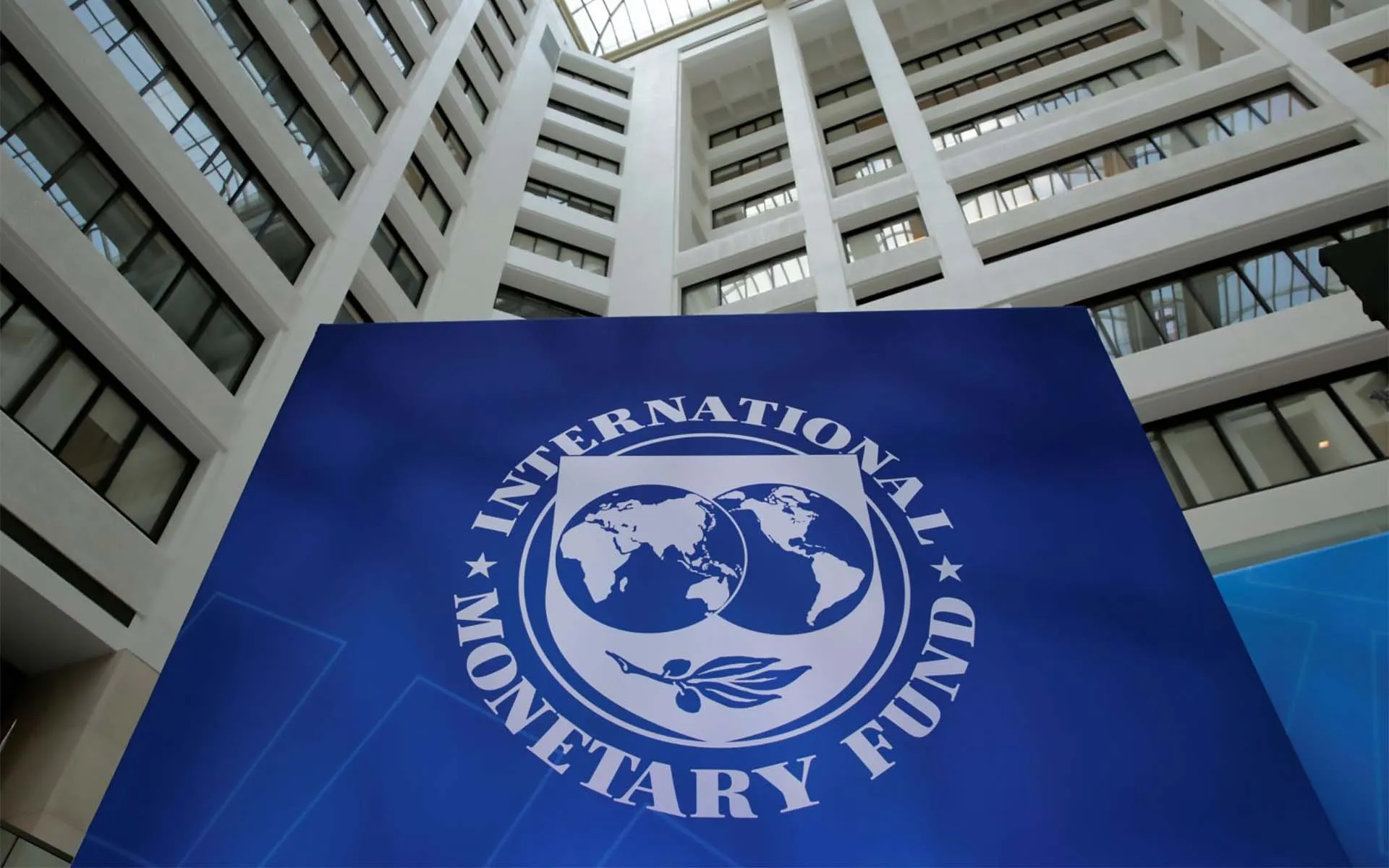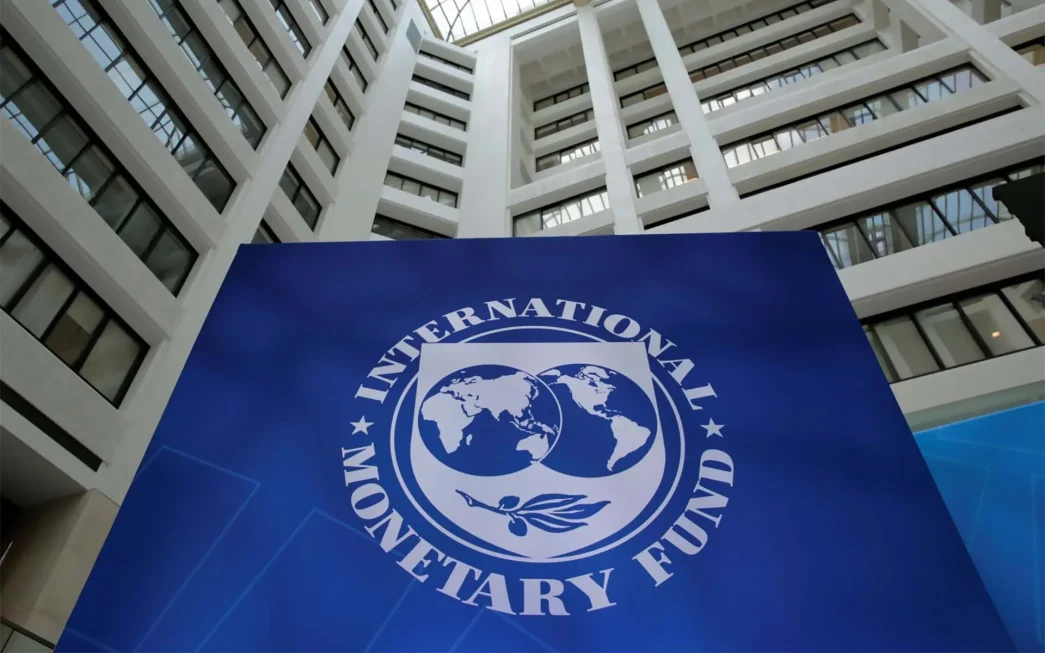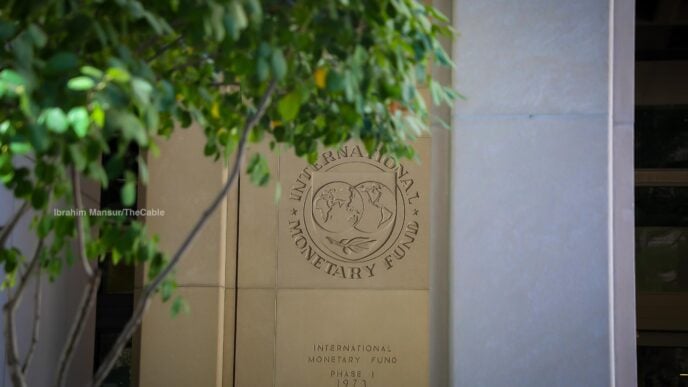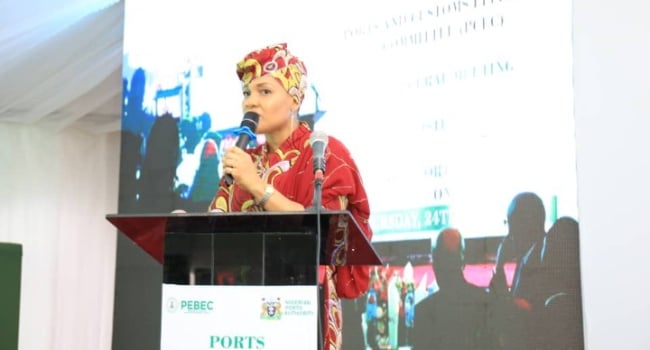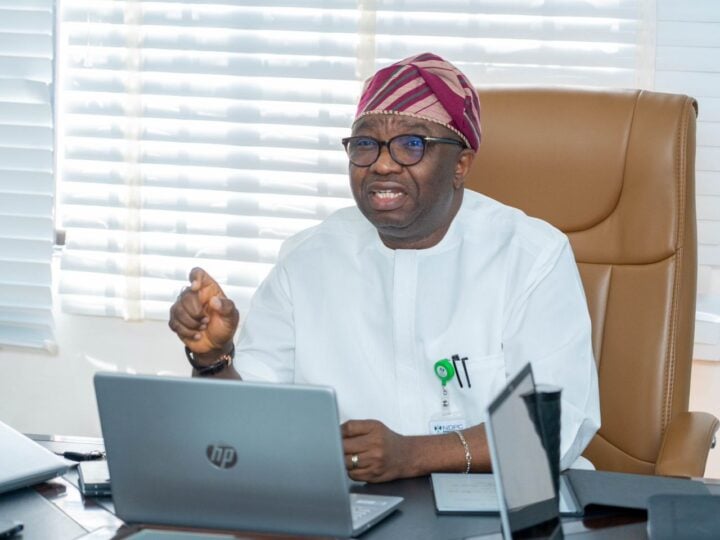The International Monetary Fund (IMF) has urged Nigeria to spend wisely and strengthen its fiscal institutions to ensure long-term economic stability.
Davide Furceri, division chief for Nigeria in the IMF’s fiscal affairs department, spoke on Wednesday at the fiscal monitor press briefing during the 2025 IMF/World Bank spring meetings in Washington, D.C, United States.
Furceri commended Nigeria for making tough economic choices that have led to improved fiscal savings, but noted that prudent and strategic spending is still essential.
“Nigeria managed to do a very difficult reform that was important in delivering fiscal savings,” he said.
Advertisement
The division chief said the country should prioritise increasing revenue by enhancing mobilisation strategies, while also expanding expenditure in critical sectors such as social protection and infrastructure development.
“That said, we understand that many countries, including Nigeria, face pressing spending needs. But spending must be done wisely, this means stronger prioritisation and greater efficiency in how resources are allocated,” he added.
“One key message not just for Nigeria, but for many countries, is the importance of strong fiscal institutions. Medium-term fiscal frameworks and solid public financial management systems are essential.
Advertisement
“They provide a fiscal anchor to guide necessary adjustments and help reduce uncertainty. We want fiscal policy to be a source of stability, not a source of volatility.”
‘FISCAL POLICY SHOULD AIM AT REDUCING PUBLIC DEBT’
Also speaking, Vitor Gaspar, director of the IMF’s fiscal affairs department, also stressed the urgent need for fiscal authorities and governments to strengthen their financial buffers.
Gaspar said swift and decisive action was necessary as countries navigate difficult trade-offs and challenging decisions.
Advertisement
He added that policymakers must use their political capital to foster public confidence and trust.
”This is especially important in a situation that tests the resilience of individual economies, not to mention the entire system,” the director said.
“Putting house in order involves three policy priorities. First, fiscal policy should be part of overall policies.
“Secondly, fiscal policy should, in most countries, aim at reducing public debt and rebuilding buffers to create space to respond to spending pressures and other economic shocks through a credible medium-term framework.
Advertisement
“Thirdly, fiscal policy should, together with other structural policies, aim at improving potential growth, thereby easing policy trade-offs in these times of high uncertainty.”
He said fiscal policy should serve as a foundation for confidence and stability, supporting a competitive economy that fosters inclusive growth and prosperity.
Advertisement
Gasper urged finance ministers to earn public trust, ensure fair taxation, allocate resources responsibly, and adopt a long-term approach.
Advertisement
